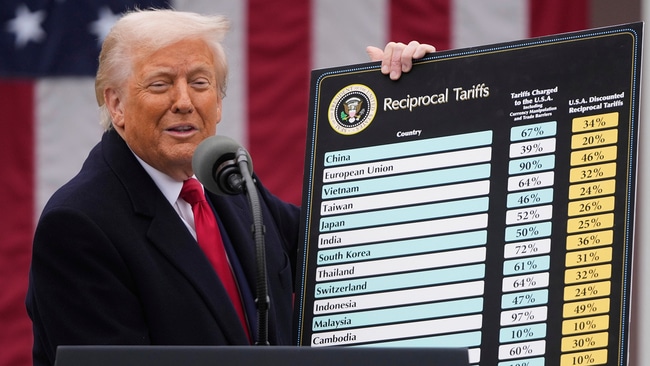As new U.S. tariffs loom over global trade, tech experts are raising red flags. According to analyst Dan Ives of Wedbush Securities, these tariffs could shake the foundation of the U.S. tech industry—leading to price hikes, reduced earnings, and slowed innovation.
Let’s break down what’s happening, and why every tech professional and business leader should be paying attention.
The Cost of Tariffs: What the Numbers Say
Ives warns that electronics prices could spike by up to 50%, and tech earnings could take a 15% hit if tariff threats become reality. These figures aren’t abstract—they impact everything from smartphone launches and hardware availability to hiring in tech companies.
Manufacturers may be forced to shift supply chains or absorb higher costs, squeezing profits and delaying product rollouts. Consumers, in turn, could face fewer choices and higher prices, weakening market momentum.
Why This Isn’t Just a Silicon Valley Problem
This potential downturn doesn’t stop with the major players. Startups, SMEs, and supply chain partners in the U.S. and abroad would feel the effects. If components become harder or more expensive to get, innovation gets throttled at every level—from AI and robotics to gaming and consumer electronics.
The tech sector doesn’t operate in a vacuum. It depends on efficient, predictable access to parts and manufacturing hubs around the world. Tariffs disrupt that flow.
Strategic Thinking in Uncertain Times
Companies must begin scenario planning. Whether it’s reshoring manufacturing, renegotiating supplier contracts, or building inventory buffers, the time to prepare is now. Education and upskilling around supply chain management, policy analysis, and risk mitigation are becoming crucial parts of the tech toolkit.
Ascend Education’s Take
At Ascend Education, we view these developments as a signal for proactive learning. Tech professionals need to go beyond coding—they must understand economics, policy, and business strategy.
We prepare learners for this by embedding macroeconomic awareness, supply chain planning, and strategic decision-making into our courses. The tech future isn’t just about innovation—it’s about anticipating disruptions and building resilient systems.
Tariffs might be political tools, but their impact is deeply technological. The smartest tech professionals will be the ones who can translate global events into tactical business moves.


